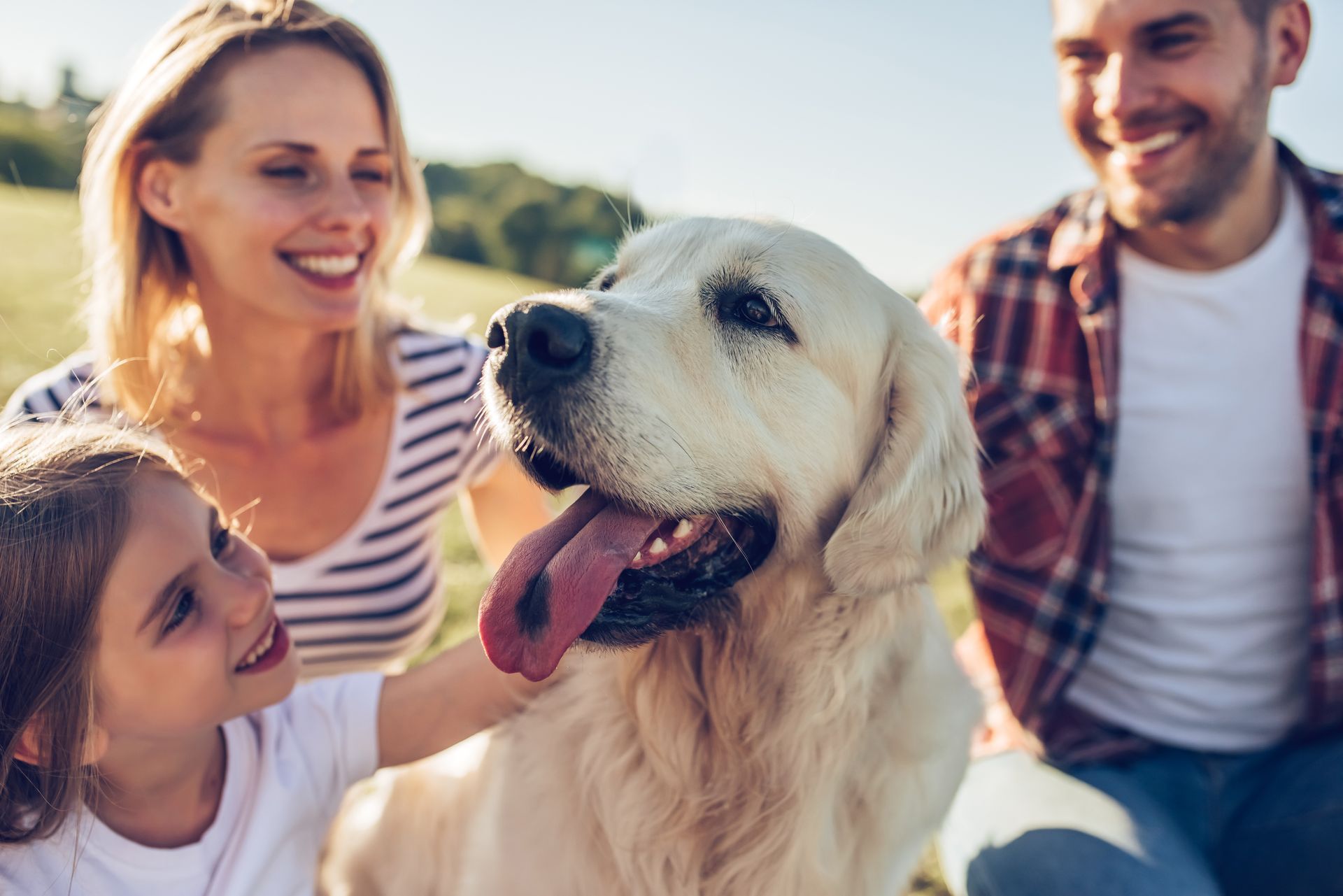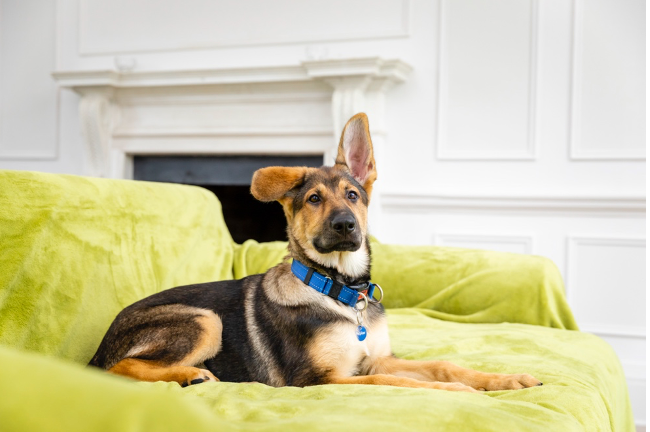BATTERSEA WARNS PET OWNERS OF TOXIC FESTIVE FOOD THIS CHRISTMAS
Battersea Dogs & Cats Home | Press Release • December 17, 2020
BATTERSEA WARNS PET OWNERS OF TOXIC FESTIVE FOOD THIS CHRISTMAS

Tucking into mince pies, advent calendars and a turkey dinner are all part of the fun at Christmas – but leading animal welfare charity Battersea is advising pet owners to be careful when planning their festive feast as some foods can be toxic to dogs and cats. In the most extreme cases, some foods can cause serious illnesses.
Nikki Draper, Senior Vet at Battersea, comments: “We may not have our Christmas plans finalised yet but festive food will be on the menu for most of us. We all know our pets can be opportunists when given half the chance but what you may not realise is that some of your favourite foods can make your pet seriously ill, so it’s really important to be extra careful at this time of year.”
Some foods that are toxic to pets include:
Onions, garlic and chives
Make sure your dog is kept away from anything that contains onions. Raw or cooked, the onion family can cause gastrointestinal irritation and red blood cell damage. Signs of illness are not always immediate.
Chocolate
A selection box might be a favourite for humans, but for dogs chocolates are poisonous. In the most serious cases, chocolate can cause kidney failure in dogs.
Grapes and raisins
A staple ingredient in a mince pie, raisins can cause severe liver damage and kidney failure in dogs, so keep these away from pets at all times.
Alcohol
For those having a tipple or two, make sure drinks are out of reach for pets. Alcohol has a huge impact on pets even in small doses. Alcohol can lead to sickness, diarrhoea and can cause damage to the central nervous system.
Cooked meats on the bone
Of course, pets also deserve a bit of a treat this Christmas, but if giving your pet cooked meat, avoid cooked bones at all cost. These can easily splinter and in large quantities can be highly dangerous.
Other toxic food include:
Avocados – a substance in avocados can cause vomiting and diarrhoea in dogs.
Peanut butter – if you are treating your dog to peanut butter, always check that the ingredients do not contain Xylitol. Xylitol can also be found in sugar substitutes like sweeteners and chewing gum.
Nuts – not all nuts are bad for pets, macadamia nuts especially contains an unknown toxin that can affect your dog’s nervous system. It is also part of the grape family. Always check before feeding your pet anything that might contains nuts.
Milk (for cats) – most cats are lactose intolerant, so stick with fresh water.
Nikki advises: “Always make sure food is prepared in areas your dog or cat can’t easily reach and never leave any food out unsupervised. If your dog or cat has consumed any of these foods, don’t delay - immediately contact your local vet.”
Battersea has been here for every dog and cat for 160 years and is now able to take in dogs and cats needing homes again. Like many charities, Battersea has seen a significant drop in income as a direct impact of the coronavirus pandemic. Now more than ever, Battersea needs your support.
Visit battersea.org.ukto find out how you can support Battersea.
------------------------------------------------------------------------------------------------------------------------------
Read more Dog News at https://www.pawsomejobs.online/blog
To find Jobs with Dogs visit https://www.pawsomejobs.online/


